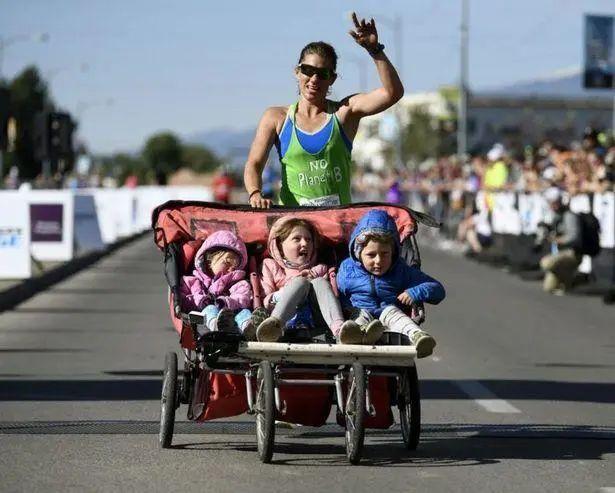In the three daily meals, breakfast is generally considered the starting point of a day’s energy, lunch serves as the energy supply bridging the morning and afternoon, while dinner is often seen as optional. With the improvement of health concepts, the idea of “eating less is better” and even “fasting therapy” has gradually become popular. In addition to the traditional practice of “not eating after noon,” as well as the modern pursuit of weight loss, especially among women, dinner is often overlooked.
However, a female practitioner shared her own experience. Initially using skipping dinner as a weight loss method, after a difficult adaptation period, her weight did decrease within a year, prompting her to continue for two more years. Although the weight continued to decrease, she started experiencing frequent abdominal pain and irregular menstrual cycles. Upon examination, it was found that the long-term lack of dinner had harmed her stomach, leading to a weakened overall state despite weight loss. Since then, she has returned to a normal three-meal eating habit.
Although skipping dinner may help with weight loss in the short term, from a long-term health perspective, this method is not advisable as it can easily lead to weight rebound and even worse outcomes than before. Prolonged hunger can lead to overeating during the next meal, leading to the accumulation of calories and fat. At the same time, the stomach secretes excessive gastric acid due to prolonged fasting, which can damage the gastric mucosa without food buffering, potentially causing diseases such as stomach ulcers, gastritis, and even increasing the risk of cancer.
In addition, the absence of dinner can also affect the quality of sleep, as a hungry body finds it difficult to relax, potentially leading to insomnia in the long run. Furthermore, this dietary pattern can result in nutritional imbalance, affecting overall health, especially when breakfast is also neglected, significantly increasing the risk of malnutrition.
In fact, healthy weight loss does not necessarily mean strict dieting. Dinner should not only be retained but also scientifically arranged: it is recommended to finish dinner before 9 pm, avoiding late-night snacks; control portion size to about 6-7 points full, drinking soup before meals helps reduce subsequent food intake; choose light and easily digestible foods, increase intake of vegetables, fruits, and whole grains to promote digestion and reduce gastrointestinal burden.
Taking a half-hour walk after meals not only helps relax the mind but also aids digestion, enhances sleep quality, and embodies the wisdom of “walking a hundred steps after a meal, living to ninety-nine.”
The pace of modern society differs from ancient times, blindly adhering to “not eating after noon” is not suitable for everyone. Ignoring dinner for a long time may lead to health problems and hinder the achievement of healthy weight loss and longevity goals. Therefore, maintaining a balanced diet of three meals a day is the wiser choice.


